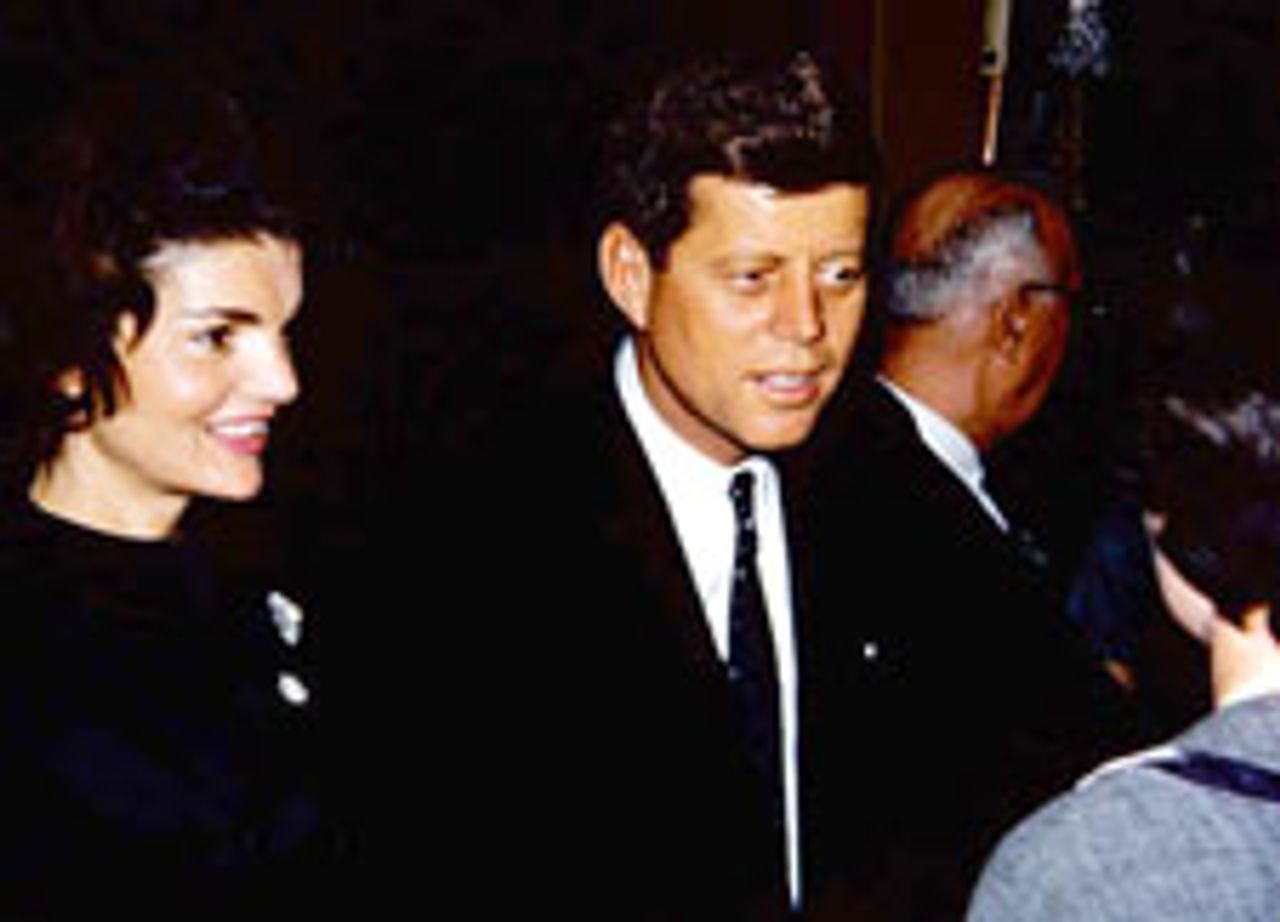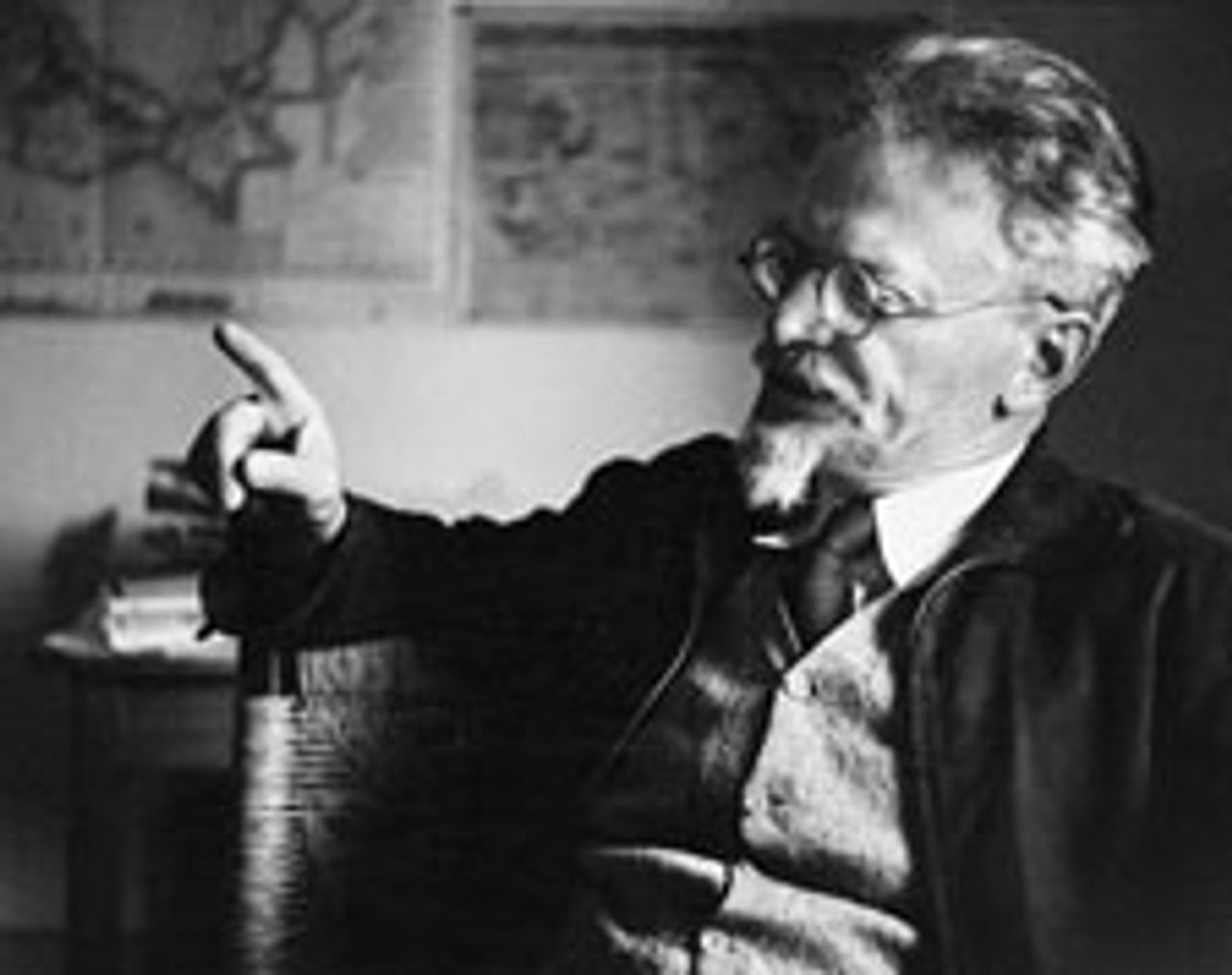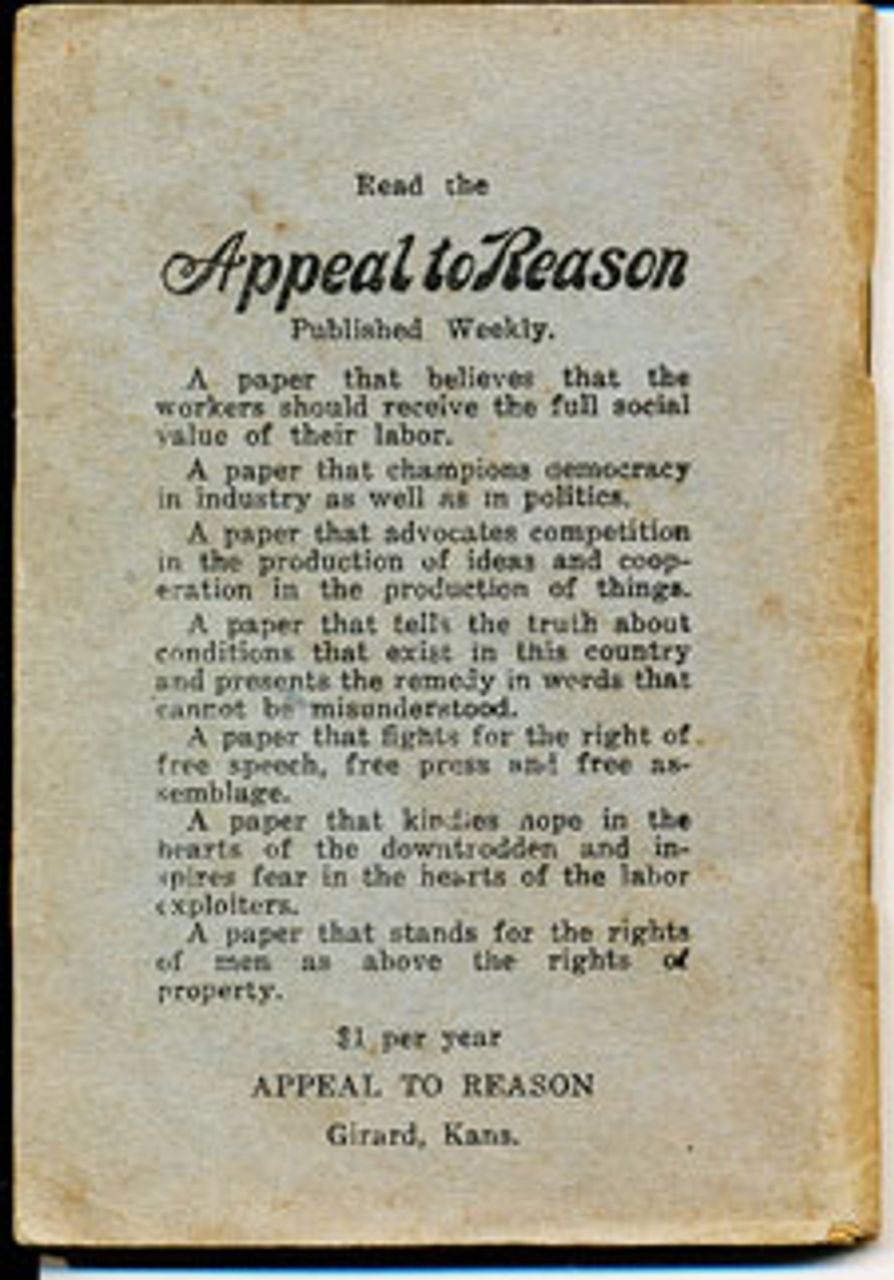This Week in History provides brief synopses of important historical events whose anniversaries fall this week.
25 Years Ago | 50 Years Ago | 75 Years Ago | 100 Years Ago
25 years ago: TWA Flight 847 hijacked
 US Defense Secretary Caspar
US Defense Secretary CasparWeinberger
On June 14, 1985, Lebanese Hezbollah militants hijacked TWA Flight 847 en route from Athens to Rome, demanding that Israel release 766 men and boys who had been seized and illegally transported to prisons in Israel during Israel’s recent withdrawal from Lebanon. Most of the passengers, which had originated in Cairo before the stopover in Athens, were US citizens.
The hijackers took the plane back and forth between Beirut and Algiers, releasing several hostages at each landing. One hostage was identified as a US sailor, Robert Strethem, and was shot and killed on the plane’s second landing in Beirut. The Greek government released a suspected accomplice in the hijacking in exchange for the release of eight Greek nationals aboard the flight.
Publicly, the Reagan administration refused to negotiate, seizing on the hijacking to send a flotilla of warships in the waters off Lebanon, still in the midst of a sectarian civil war. It marked the largest US military presence in Lebanon since the 1983 bombing of the Marine barracks in Beirut that killed 241 servicemen. Defense Secretary Caspar Weinberger called the hostage crisis “the beginning of a war” and the deployment of US forces to Lebanon “military movements in wartime.”
The hostages appealed through an elected representative that the hijackers’ demands be met. Ultimately, all of the hostages were released, and Israel freed over 700 of the Lebanese prisoners.
50 years ago: Kennedy calls for vast increase in military spending
 Kennedy campaigning in Wisconsin
Kennedy campaigning in WisconsinSenator John F. Kennedy of Massachusetts, the front runner for the Democratic nomination to the 1960 presidential elections, outlined a vast expansion of US militarism worldwide in a June 14 speech before the Senate.
Decrying the “humiliation” of the recently collapsed Paris summit with the Soviet Union and the U-2 spy plane debacle, Kennedy outlined a 12-point plan to increase US “strength,” using some form of the word 27 times in his speech. He called for the US to acquire “nuclear retaliatory power second to none” and signaled that the US would prepare to intervene in wars all over the globe: “we must regain the ability to intervene effectively and swiftly in any limited war anywhere in the world.” Kennedy also called for greater support of pro-US regimes in Latin America, the strengthening of NATO, increases in the “flow of capital” to the Third World, and more spending on scientific research and space exploration.
A standard-bearer of liberal anti-communism, Kennedy mocked “budgeteers” who opposed funding new weapons systems and expanded military and foreign aid operations. Despite his calls for limitless military spending, he suggested an “America of equal opportunity and economic justice for men of all ages, races, and creeds” would also be possible.
75 years ago: Trotsky arrives in Norway
 Trotsky
TrotskyLeon Trotsky, co-leader with Lenin of the Russian Revolution, arrived in Norway on June 18, 1935 after being expelled from France, where he had lived since 1933. Trotsky had been first exiled by Stalin in 1928 to Alma Alta, Kazakhstan, and was banished from the Soviet Union to Turkey in 1929. After his exile, Trotsky’s supporters in the Soviet Union and other veterans of the Bolshevik revolution were subjected to relentless persecution, torture and ultimately mass execution by Stalin.
In 1935 the Norwegian government was the only one in the world that would receive Trotsky, a fact that testified to the fear governments worldwide felt towards him, and his continued influence despite his exile. Trotsky was allowed Norwegian residency by the Social Democratic government of Trygve Lie, under the proviso that he would refrain from engaging himself in Norwegian politics. He was housed by the artist and journalist Konrad Knudsen in the countryside near Oslo.
The capitalist press continued to follow Trotsky’s movements closely, slandering him to their readership. The New York Times reported that Trotsky, “the former warlord,” had moved to Norway because he had suffered a nervous breakdown.
The same day that Trotsky arrived in Norway, Britain and Nazi Germany enraged France by announcing a new naval pact facilitating Berlin’s remilitarization without consulting Paris; Italy and Germany negotiated over their competing interests in Austria; and Japan threatened China with a full-scale invasion.
100 years ago: “Industrial and Social Justice League” formed to combat Socialism in the US
 Appeal to Reason
Appeal to ReasonThe Industrial and Social Justice League was formed on June 16, 1910, at a gathering in New York City, with the intent of fighting the growing influence of socialism among US workers. It would do so, the League proclaimed, by engaging in an intellectual struggle against socialism and by addressing the social ills understood to be at the root of growing tendencies of radicalism in the working class. The organization included dozens of prominent religious figures, both Catholic and Protestant, labor union heads, academics, and legislators.
“Briefly stated, the purpose of the league is to combat socialism,” wrote the New York Times, “primarily in the churches and the labor unions.” The League declared it would do so by restoring “faith in personal initiative as the mainspring” of all progress and by defending private property and religion, “the foundation of civilization.” To meet these ends the League proposed “resisting the aggressiveness of private privilege at the expense of public welfare” and defending “the working man in his call for an equitable return on his labor.”
An advocate of the League, single-taxer John Sherwin Crosby, said that “intelligent Socialists” would welcome the league “as an indication that their doctrines would be met with the opposition of intelligent criticism and discussion.” Only an organization that advocates for the interests of working people, Crosby warned, “will long command popular approval.”
Socialists in the US had made major gains in the preceding years, garnering hundreds of thousands of votes in national elections, holding office in a number of cities and towns, including Milwaukee, and publishing dozens of newspapers and magazines in English and immigrant languages. The Appeal to Reason had a circulation in the hundreds of thousands. The growing influence of American socialism, which advocated nationalization of key industries, was a major impetus behind Progressive Era reforms and reform movements, including the Industrial and Social Justice League.
